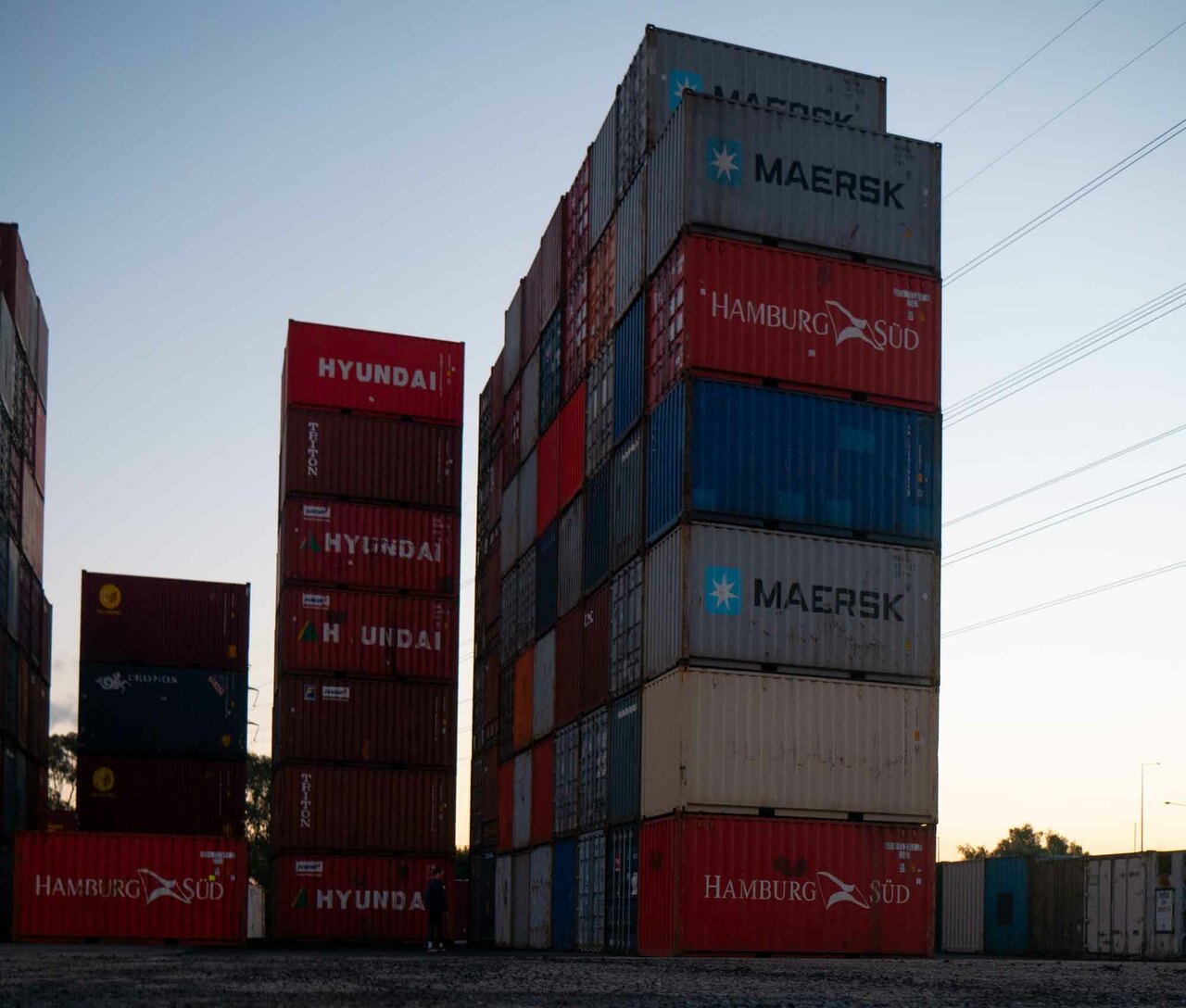Summary
Shift your perspective with our latest article, "Looking Beyond China to Strengthen Your Supply Chain." We navigate the evolving landscape of global sourcing, offering insights into diversifying and fortifying your supply chain beyond China. Discover strategic considerations, emerging alternatives, and the benefits of a well-rounded sourcing approach. Whether you're a seasoned professional or a newcomer to supply chain management, this article provides valuable guidance on optimizing resilience and agility in today's dynamic business environment. Explore new horizons and secure the strength of your supply chain for the challenges of tomorrow.
In recent years, a number of companies worldwide, increasingly have begun to take another look at their reliance on manufacturing in China. The rapidly changing geo-political environment and the increased likelihood for future instability have prompted businesses to be pro-active and adopt a more forward-thinking approach in fortifying their supply chains. In this article, we will explore the reasons behind this shift and the benefits that come with diversifying manufacturing locations.
Geopolitical Uncertainty in China
Over the years, China’s dominance as global manufacturing powerhouse has earned it a rightful moniker of “world’s factory”. For years now it has been attracting companies of all shapes and sizes and from various sectors in search of low-cost labor and a scalable production infrastructure. Recently, however, on account of increased geopolitical browbeating and tensions, there has been rise in concerns among businesses about the sustainability and stability of relying heavily on China for their manufacturing needs.
Several factors including increasing trade disputes, political conflicts, and the COVID-19 pandemic in particular have exposed some serious vulnerabilities in global supply chains. The outbreak of the pandemic, for instance, led to disruptions in manufacturing operations across China and highlighted the risks associated with relying on a single country for manufacturing of essential goods. This resulted in companies experiencing delays, shortages, and increased costs.
The Proactive & Preparedness Approach
In response to these challenges, businesses are recognizing the importance of adopting a more preparedness approach. Strengthening supply chains means diversifying manufacturing locations, reducing over-reliance on a single country, and spreading production across multiple countries such as Vietnam, Malaysia, Bangladesh, India, and Taiwan or even regions. By doing so, companies can mitigate the risks associated with geopolitical instability and ensure continuity of operations even in the face of unforeseen disruptions.
Benefits of Diversification
Reduced geopolitical risk: By expanding manufacturing operations beyond China, companies can minimize their exposure to political tensions, trade conflicts, and regulatory changes specific to a single country. This diversification strategy enables businesses to navigate uncertain geopolitical waters with greater resilience.
Enhanced flexibility and agility: Establishing manufacturing facilities in multiple locations empowers companies to quickly adapt to changing market conditions. By having the ability to shift production from one site to another, businesses can respond to disruptions, market demands, and regulatory changes more effectively.
Improved cost efficiency: While China has historically offered cost advantages, factors such as rising labor costs and currency fluctuations have diminished its cost competitiveness. Diversifying manufacturing to other countries, such as those in Southeast Asia or Eastern Europe, can provide access to alternative low-cost labor pools while reducing transportation costs and import duties.
Closer proximity to emerging markets: As businesses increasingly target emerging markets for growth opportunities, diversifying manufacturing can bring them closer to these markets. Local production facilities can help companies respond more swiftly to market demands, tailor products to local preferences, and reduce logistical complexities.
Supply chain resilience: A diversified manufacturing base strengthens a company’s ability to maintain a consistent supply of products, even during periods of geopolitical instability. By decentralizing manufacturing, businesses can minimize disruptions caused by political unrest, natural disasters, or other unforeseen events.
Conclusion
The evolving geopolitical landscape and the lessons learned from recent crises have necessitated a shift in the way businesses approach their supply chains. While China has been a key manufacturing hub for decades, the need for a more resilient and flexible approach has prompted companies to diversify their manufacturing locations.
By spreading production across multiple countries, businesses can mitigate geopolitical risks, enhance flexibility, optimize costs, access emerging markets more effectively, and strengthen the overall resilience of their supply chains. As we move into an era characterized by uncertainty and volatility, embracing a forward-thinking strategy is crucial for long-term success and sustainability.

